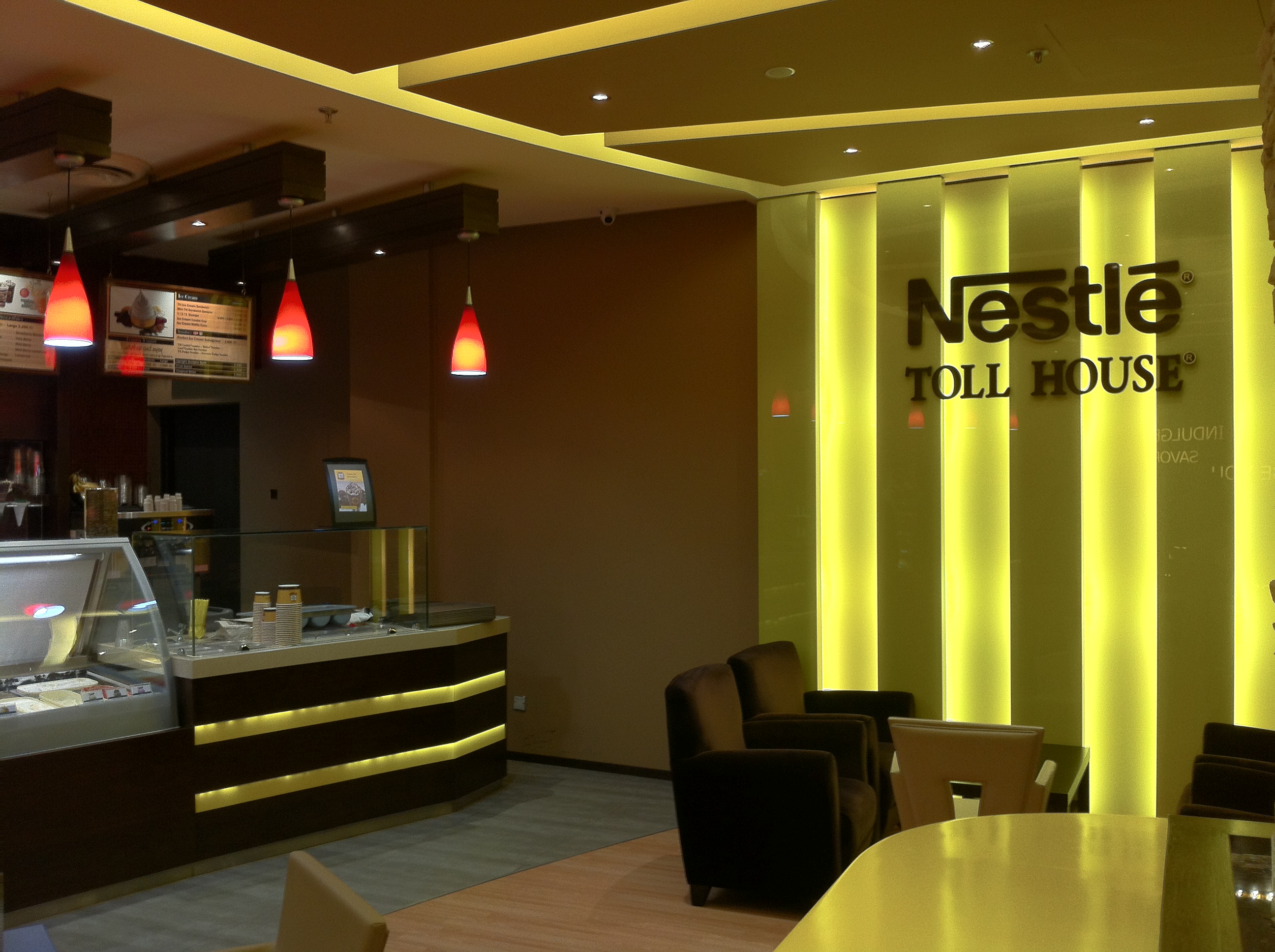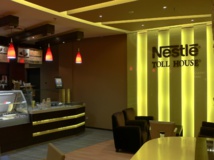It is the third year in a row when Nestlé has not reached its long-term growth targets of 5-6% per year (the so-called “Nestle model”). On Friday, October 16, the company warned investors about this.
Now Nestlé expects the organic (purified from currency and other effects) growth of approximately 4.5% in 2015. For the first nine months of 2015, its organic sales growth was 4.2%. Revenue fell to 64.86 billion Swiss francs ($ 68.16 billion) against 66.22 billion francs in January - August 2014.
The forecasts of economists about the prospects for the world economy is becoming murkier and Nestle should "adapt to the reality a little bit", said the Swiss company’s CEO Paul Bulcke. Yet he hopes Nestle’s sale will outpace global economic growth: "Our company should be ambitious and build sources for its own growth."
Nestle's results in the current year have been influenced by one-time factors, said a Kepler Cheuvreux’s analyst Jon Cox. The situation with Maggi is included in those factors too.
- Nestlé’s model has remained unchanged. Over the past few years, the company experienced difficult times in emerging markets, but it has overcome the most difficult times in North America "- he argues.
Reforms of the group's business on frozen products in the United States have begun to bear fruits, remarked Bulcke.
Recovery of sales in China, in contrast, was slower than expected. "But we are seeing a gradual improvement," - said General Director of Nestle.
However, the prohibition of Maggi noodles in India caused damage to the company: it was too optimistic about the timing of the reversal of sales in this market. Sales of Nestlé in the markets of Asia and Africa decreased by 0.5% in the first nine months of 2015.
In June, Nestle India stopped the sale and production of Maggi noodles after the state examination revealed there dangerous levels of lead. Although the company has insisted on the safety of the product, it was forced to destroy a party, cost $ 50 million, and for the first time in 15 years, the result recorded net loss in the II quarter.
In August, the court lifted the ban on the sale of noodles and decided that Maggi can return to the market after a series of repeated tests. On Friday, Nestle said that 90 samples of noodles have been tested in three government laboratories and were found to be safe. Despite this, Bulcke refused to predict when the product will return to the shelves.
source: ft.com
Now Nestlé expects the organic (purified from currency and other effects) growth of approximately 4.5% in 2015. For the first nine months of 2015, its organic sales growth was 4.2%. Revenue fell to 64.86 billion Swiss francs ($ 68.16 billion) against 66.22 billion francs in January - August 2014.
The forecasts of economists about the prospects for the world economy is becoming murkier and Nestle should "adapt to the reality a little bit", said the Swiss company’s CEO Paul Bulcke. Yet he hopes Nestle’s sale will outpace global economic growth: "Our company should be ambitious and build sources for its own growth."
Nestle's results in the current year have been influenced by one-time factors, said a Kepler Cheuvreux’s analyst Jon Cox. The situation with Maggi is included in those factors too.
- Nestlé’s model has remained unchanged. Over the past few years, the company experienced difficult times in emerging markets, but it has overcome the most difficult times in North America "- he argues.
Reforms of the group's business on frozen products in the United States have begun to bear fruits, remarked Bulcke.
Recovery of sales in China, in contrast, was slower than expected. "But we are seeing a gradual improvement," - said General Director of Nestle.
However, the prohibition of Maggi noodles in India caused damage to the company: it was too optimistic about the timing of the reversal of sales in this market. Sales of Nestlé in the markets of Asia and Africa decreased by 0.5% in the first nine months of 2015.
In June, Nestle India stopped the sale and production of Maggi noodles after the state examination revealed there dangerous levels of lead. Although the company has insisted on the safety of the product, it was forced to destroy a party, cost $ 50 million, and for the first time in 15 years, the result recorded net loss in the II quarter.
In August, the court lifted the ban on the sale of noodles and decided that Maggi can return to the market after a series of repeated tests. On Friday, Nestle said that 90 samples of noodles have been tested in three government laboratories and were found to be safe. Despite this, Bulcke refused to predict when the product will return to the shelves.
source: ft.com



















